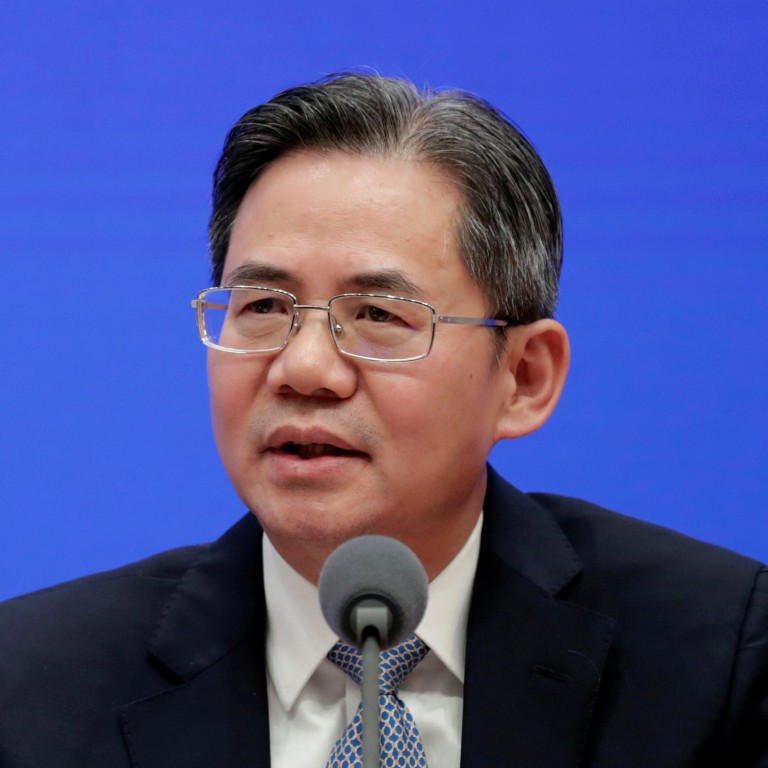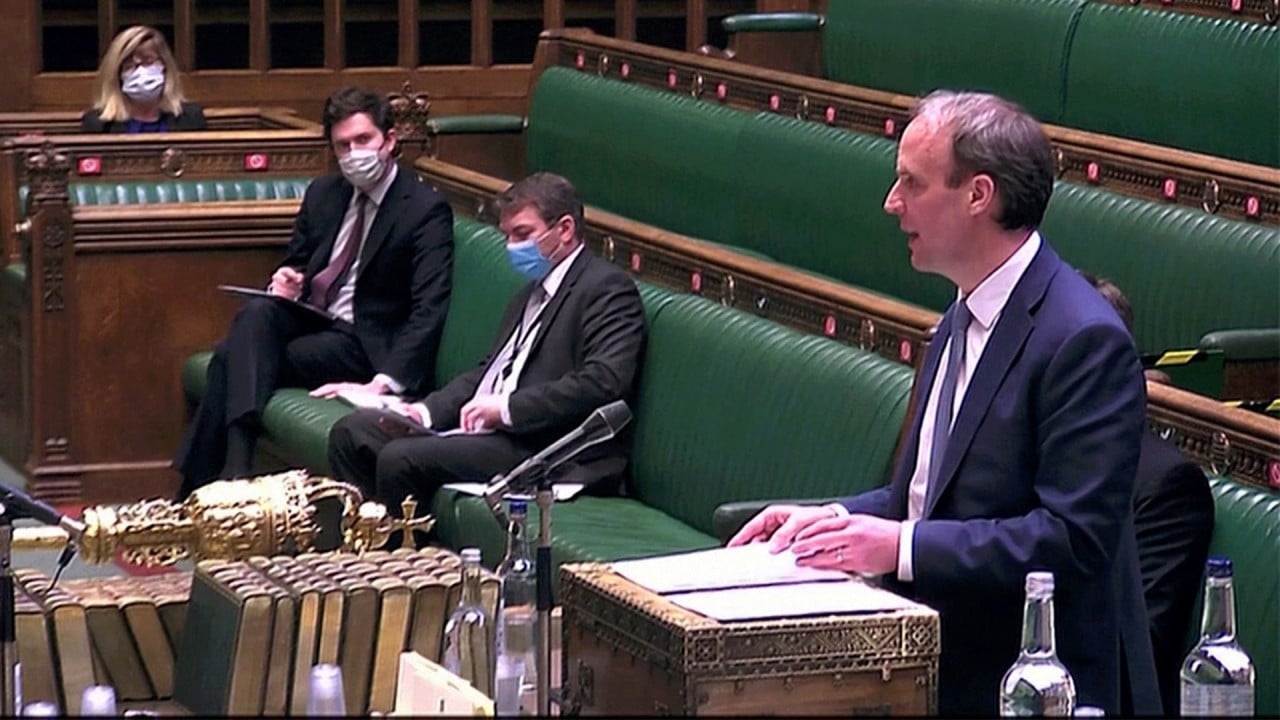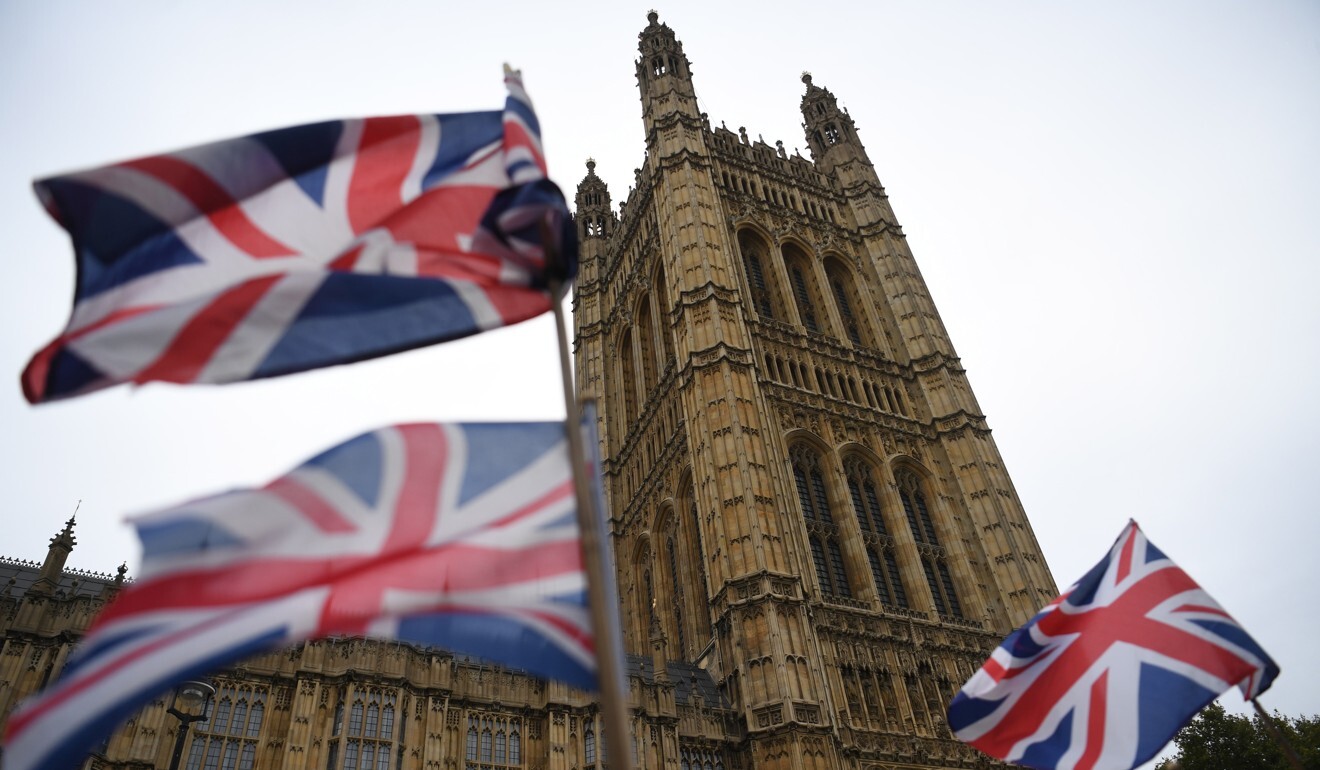
‘Much misperception’: China’s ambassador to UK urges ‘candid dialogue’ to repair trust
- Zheng Zeguang also calls for two sides to step up communication on trade and investment, the pandemic and climate change
- Envoy’s remarks come weeks after he was blocked from entering British parliament amid tensions over Hong Kong and Xinjiang
“China and the UK have different views on certain issues,” he said. “That is nothing to be afraid of. The key is to keep the door to communication open and engage in candid dialogue on the basis of equality and mutual respect. Only in this way can we narrow differences, expand consensus and build up mutual trust.”

02:02
Britain sanctions Chinese officials over Xinjiang alongside US, EU and Canada
Zheng had been scheduled to speak at a summer reception at the British parliament in mid-September, but the event was later cancelled over Chinese sanctions on British lawmakers. The Chinese embassy in London denounced the move as the “despicable and cowardly action of certain individuals of the UK parliament to obstruct normal exchanges and cooperation between China and the UK for personal political gains”.

On Tuesday, Zheng said at an online reception celebrating the October 1 anniversary of the founding of the People’s Republic of China, that Beijing did not see Britain as an “adversary or a threat”.
“In the past three months since I arrived in London, I have met with many British friends from different circles,” he said. “They agree that there is a deficit in mutual understanding between our countries. There is much misperception and not enough trust.”
He added that there was a “deep reservoir of goodwill” between the people in China and Britain, but that he hoped the British public could approach China by “transcending ideological barriers and rejecting the misperception that China is a ‘systemic competitor’ or even a threat”.

